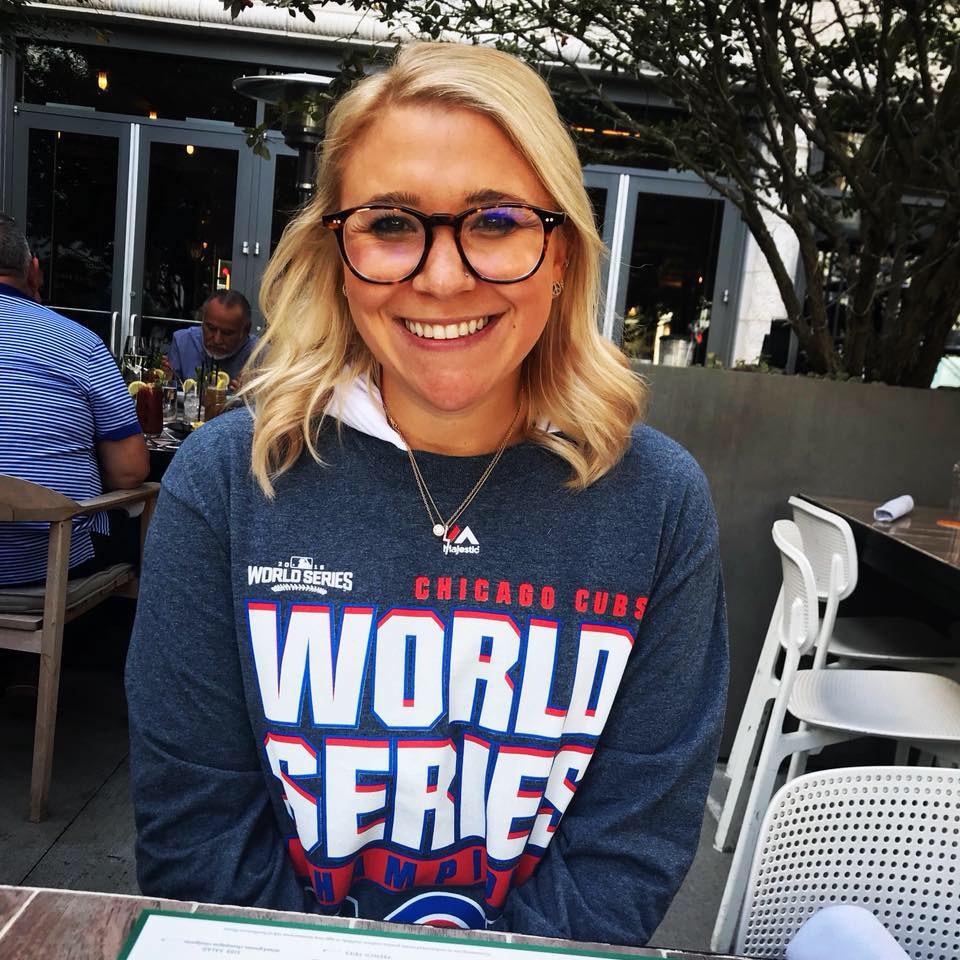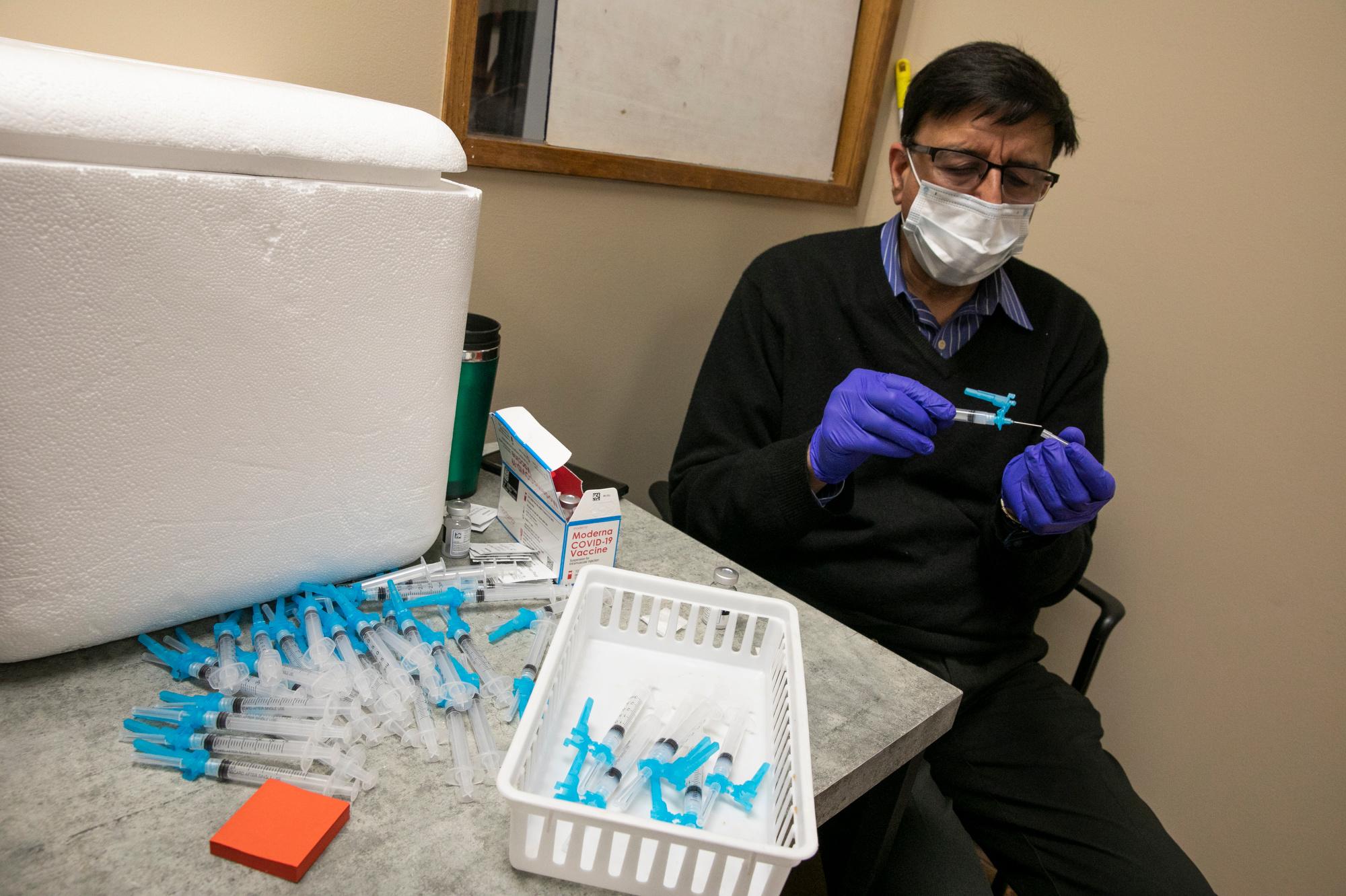
This week, Colorado announced its second $1 million winner in the state’s vaccine drawing — though it's unclear what effect the incentive is having on the public.
Also this week, the state’s 7-day positive COVID case rate has fallen to the lowest it's been since the start of the pandemic — but the highly contagious Delta COVID variant is continuing to rise in Mesa County. Here’s where things are at.
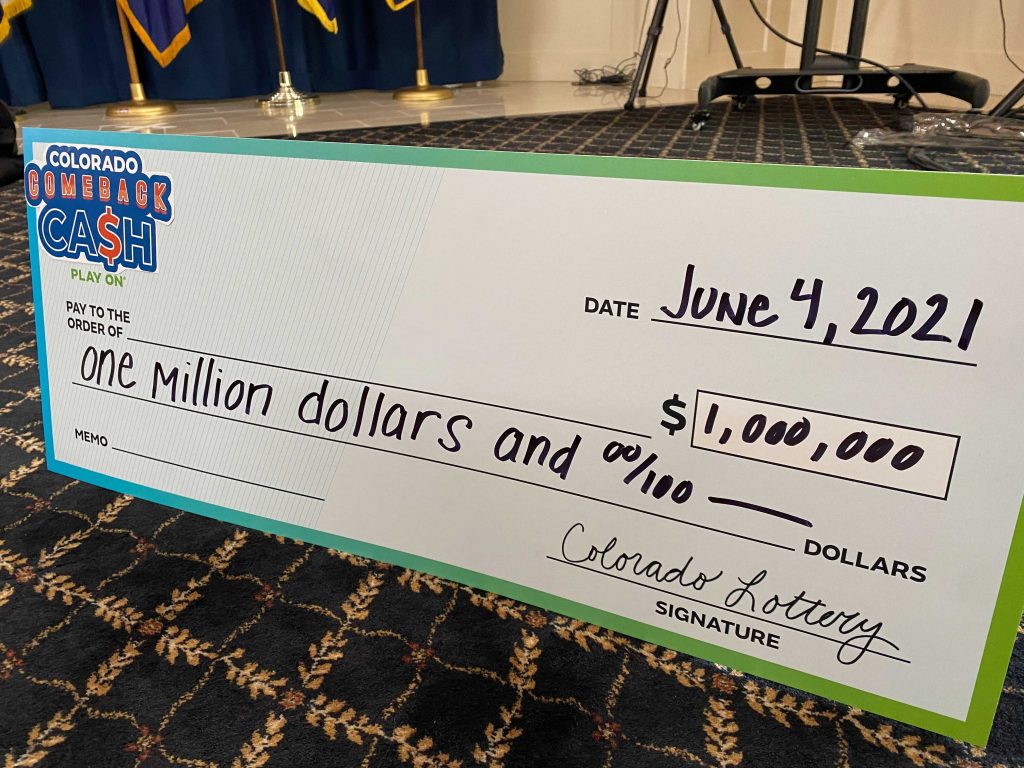
Colorado’s $1 Million COVID Vaccine Drawing And $50,000 Scholarships
Gov. Jared Polis announced on June 11 that Stephanie Ward of Littleton was the second winner of the state’s million-dollar giveaway. Ward received both vaccine doses in May. She said she and her family weren’t all on the same page about getting the vaccine but decided to get vaccinated together last month.
“Ultimately we decided that the benefits outweighed any fears that we had,” Ward said during Friday's announcement.
There are three remaining $1 million drawings.
Earlier this week, the first five winners of the $50,000 scholarships available to state residents ages 12 to 17 were announced. Natalie M. of Centennial, Arianna Garcia, 14, of Longmont, Liam Atkins, 15, of Boulder, Brett Cheney, 16, of Mesa County, and Gabriella Sleight, 14, of Littleton were this week’s winners.
Quick resources on Colorado’s $1 million vaccine drawings:
- What to know about Colorado’s $1 million vaccine drawings
- Can’t find your vaccine record in the state’s vaccine database? You’re not alone
- What to check your vaccine drawing eligibility? There’s a hotline for that
- Colorado will give out 25 $50,000 scholarships to 12-17 year olds in Colorado who are vaccinated
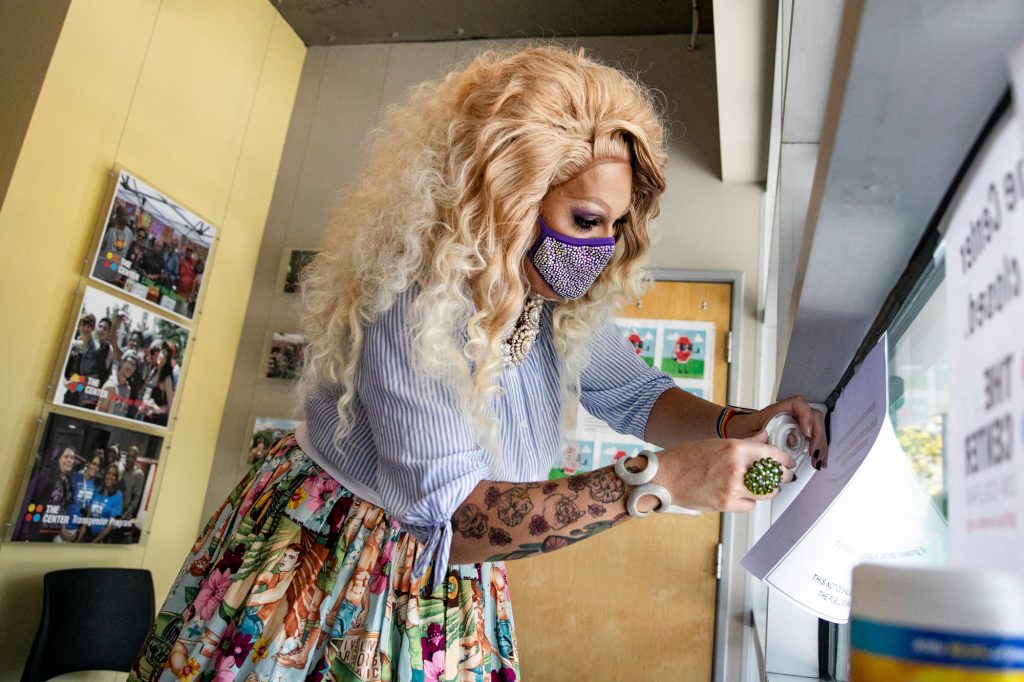
Are Vaccine Incentives Even That Effective?
The $1 million COVID vaccine drawing is the biggest sweepstakes in the state, but it’s not the only incentive out there.
Mesa County is holding its own vaccine cash giveaways throughout the summer. Metropolitan State University in Denver is offering 5 students the chance to win free tuition money in exchange for getting vaccinated. And this summer at the Greeley Stampede, vaccines will be offered onsite — those who get a shot will be rewarded with a voucher for two rodeo tickets.
Colorado also recently launched a new workplace vaccination program that allows employers, unions, and trade associations of any size to provide their workers with more opportunities to receive the COVID vaccine. Through the program, employers can request a free, on-site vaccination event. Staffing, logistics, and vaccine supplies will be coordinated and provided by the state health department.
The thing is, it's unknown if vaccine incentives are effective enough to get large numbers of people vaccinated. Most Colorado leaders think they’re worth a shot, but Rep. Lauren Bobert disagrees, saying the government doesn’t need to be in the business of bribing people to get vaccinated. And right now, Colorado's vaccine numbers aren't increasing — they're going down.
Two weeks ago, the number of vaccine doses administered in total was over 150,000. Last week, that number decreased to 117,574 (accurate vaccine dose numbers are not available yet for this week).
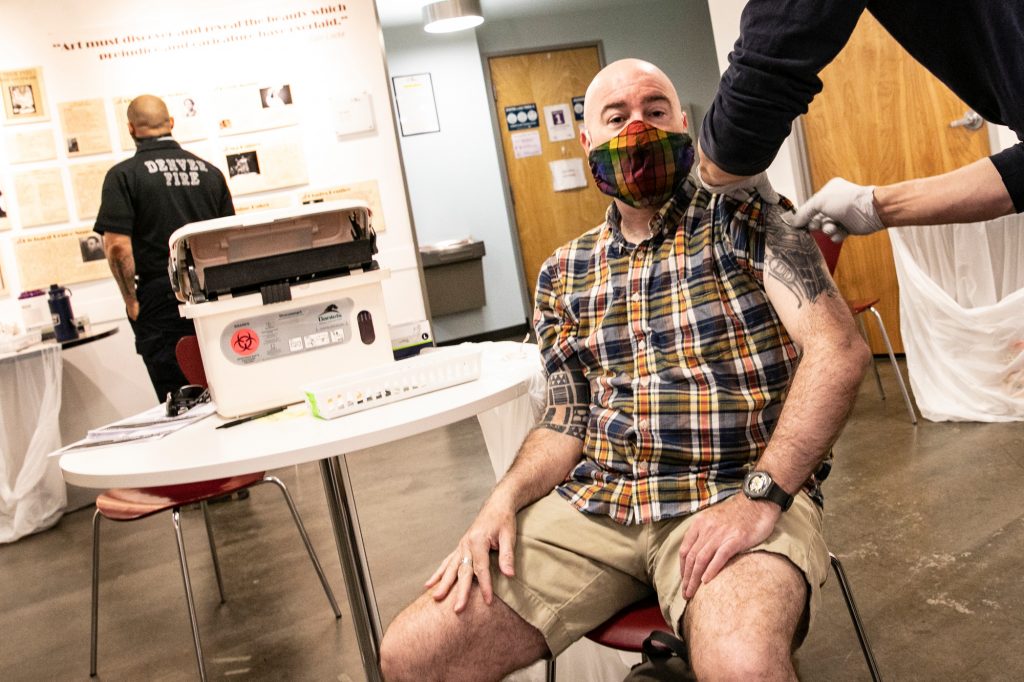
Vaccination Rates, Variants And Cases:
As of June 11, here’s where things stand:
- People in Colorado who have been fully immunized: 2,732,346
- Total Colorado population: 5,773,714
- Percent of people immunized: 47%
Last week around this time, the percentage of people who had been vaccinated in the state was 45.
A dozen Colorado counties now have COVID vaccination rates higher than 70 percent of their eligible populations: Broomfield, Boulder, Eagle, Denver, Gunnison, Mineral, Summit, San Miguel and San Juan. The state’s highest vaccination rates are in San Juan and San Miguel counties, in southwest Colorado.
That’s not the case everywhere though. In El Paso county, 48 percent of eligible people are fully immunized, and in Pueblo, 51.1 percent of eligible people have received one shot of the vaccine (Pueblo does not have figures for how many are fully vaccinated on its website).
In Mesa county, the vaccination rate has hovered around 38 percent for people who are fully vaccinated. As of Tuesday, the county had 242 cases per 100,000 residents and a positivity rate of 6.4 percent — and the highly contagious Delta variant is spreading there rapidly. This week, Mesa County public health issued a public health alert warning residents of the spread, and asking people who have symptoms of any kind to avoid work, school, child care and social gatherings — even if they are vaccinated.
Also this week, the state health department released data on breakthrough infections. Since mid-January, the state has recorded nearly 170,000 confirmed COVID cases. It identified around 2,900 breakthrough cases — that’s less than 2 percent. Doctors say that shows the effectiveness of the vaccines most of the time protecting people from getting sick.
The good news is, the state’s 7-day rate of COVID tests coming back positive has fallen to 2.46 percent — the lowest point since the start of the pandemic.
- These six locations across Colorado don’t require vaccine appointments
- Yes, your employer needs to give you paid time off for the COVID vaccine
- No, you do not need to show an ID to get the COVID vaccine
- The facts about getting COVID after you’ve been vaccinated
- What to know about COVID vaccine side effects
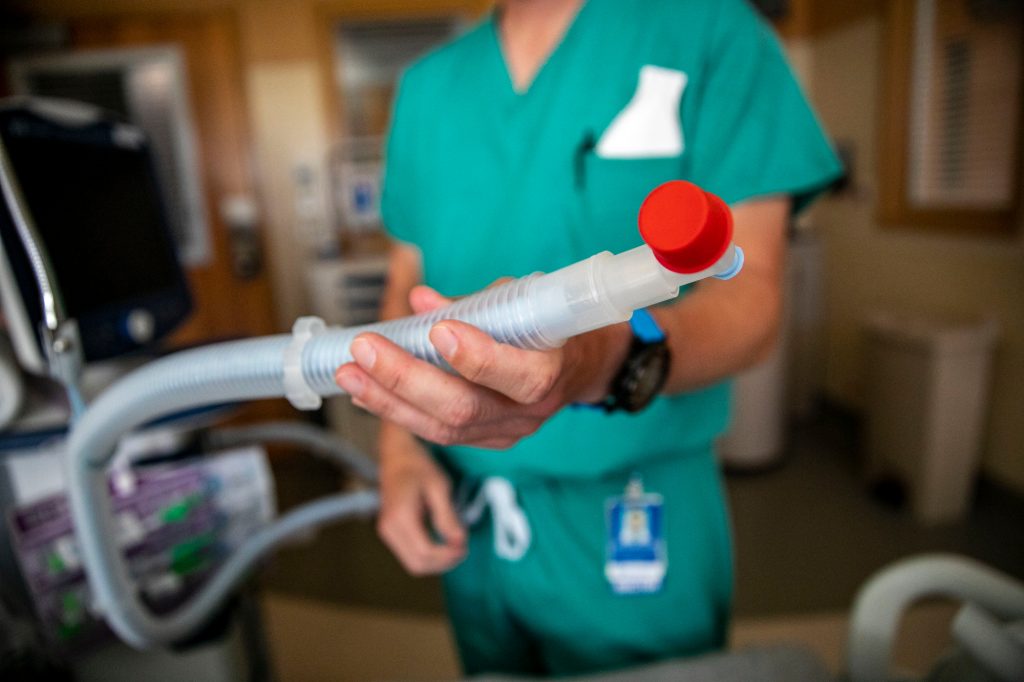
Hospitalizations And Cases:
The threat of infection, hospitalization and death remains for the unvaccinated.
There were 36 deaths statewide in the last full week of May. That’s still well above the 22 reported by the CDC in the week ending with June 5, which remains the lowest count since the start of 2021.
As of June 11, 352 people are hospitalized with confirmed cases, which is far below the surge of late last year, but still above last summer's peak.
One other note — almost all of the people who are hospitalized with COVID-19 share a common trait: they are unvaccinated.
Here’s a breakdown by age group, of positive COVID cases as of June 11:
- 0-9 years old: 4.63%
- 10-19 years old: 12.38%
- 20-29 years old: 21.9%
- 30-39 years old: 18.17%
- 40-49 years old: 15.06%
- 50-59 years old: 12.77%
- 60-69 years old: 8.23%
- 70-79 years old: 4.03%
- 80+ years old: 2.81%
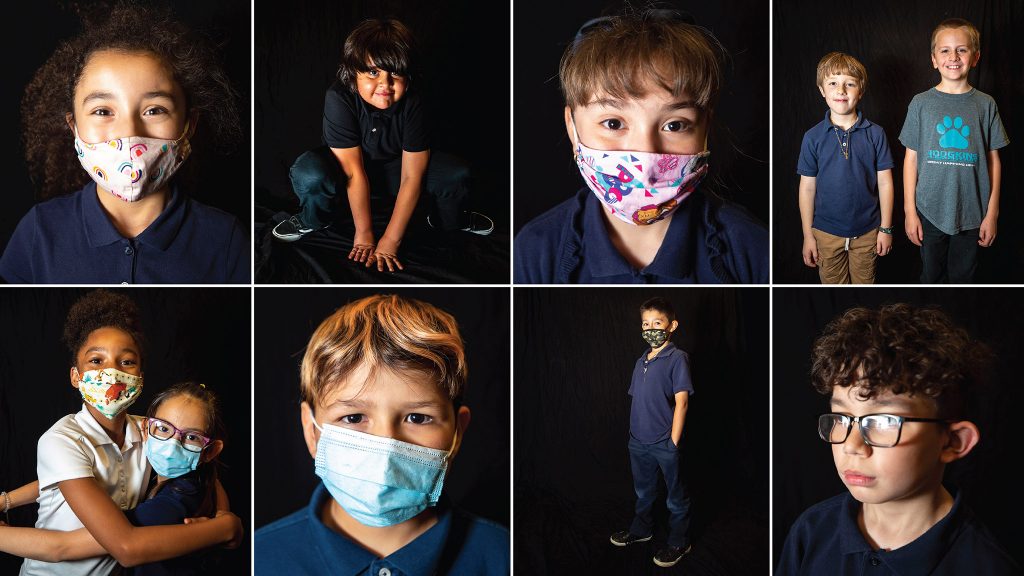
COVID And The Emotional Toll It Takes On Kids
Last month, Children's Hospital Colorado declared a pediatric mental health state of emergency.
"Despite things getting better in terms of COVID, kids have dealt with chronic stress for the past year that has interrupted their development," said Jenna Glover, who works at the Pediatric Mental Health Institute in the hospital system. “Now kids are asked to be starting back into life again, they don't have the resources to do that, they're burnt out and they feel so behind they don't know how to catch up.”
One class at Bellview Elementary in Greenwood Village is trying to address this using a curriculum called The Imagine Project, developed by a Colorado clinical nurse specialist to help students better express themselves when it comes to the stress and upheaval of COVID.
Students in Mr. Daubert’s fifth grade class were asked to write a personal story using the word “Imagine.” Here’s an excerpt from 11-year-old Dominic’s story: (you can listen to it here):
Imagine being scared to get COVID.
Imagine getting COVID and getting quarantined in your basement.
Imagine your family being split up because you and your mom have COVID.
Imagine feeling depressed and lonely in your basement.
Imagine no one teaching you how to do online school. Imagine people seeing you and backing away because they think you still have COVID.
Imagine people in your family getting the vaccine.
Imagine finally being able to see your grandparents after 10 months.
Imagine hope.
In Room 132 at Josephine Hodgkins Leadership Academy in Westminster Public Schools, CPR News education reporter Jenny Brundin interviewed third graders about the pandemic — from “What was the hardest thing about the pandemic?” to “What is something you learned about yourself from this year?”
Here’s what nine year old Jordynn said:
What was the hardest part of the pandemic?
The hardest part about the pandemic is that I have to wear a face mask and it is hard because I can’t breathe and I can’t hear others when they read (out loud).
What is something you learned about yourself this year?
I learned that I can do anything if I set a goal to reach and keep setting goals and try new things and not give up.
What will you miss about Mrs. Sutton’s class?
I’ll miss all of the fun times we had and all of the good friendships.
Are you nervous about going to fourth grade? Explain.
A little because I’m worried that the work will be hard.
What are your plans for the summer?
One plan for the summer is going to meet my aunt.
Correction: The percentage of COVID cases among people ages 50-59 has been corrected.
